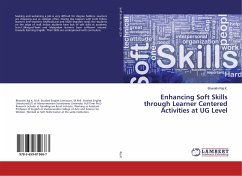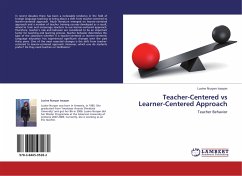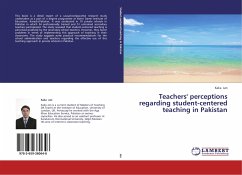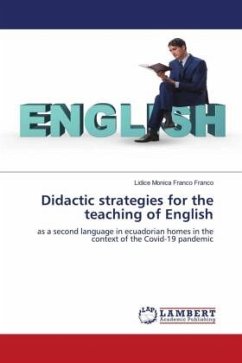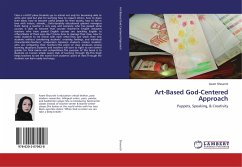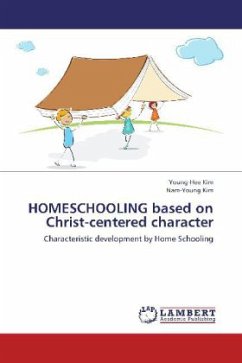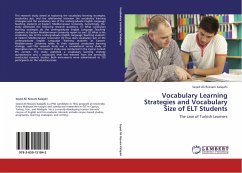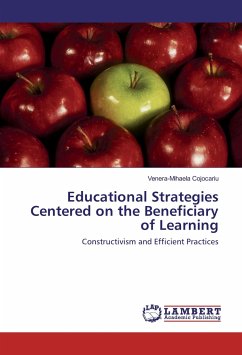
Educational Strategies Centered on the Beneficiary of Learning
Constructivism and Efficient Practices
Versandkostenfrei!
Versandfertig in 6-10 Tagen
52,99 €
inkl. MwSt.

PAYBACK Punkte
26 °P sammeln!
The openings provided by the constructivist paradigm in education have given us the chance to investigate its impact on developing student-oriented strategies. We started by mentioning the constructivist bases of the student-centered philosophy, we highlighted some principles for developing educational student-centered strategies and we analyzed a possible model for ensuring compliance with the principles of student-centering. At the intersection of constructivism and educational praxis we analyzed some types of learning (the Experience of Mediated Learning, Active/interactive learning, Collab...
The openings provided by the constructivist paradigm in education have given us the chance to investigate its impact on developing student-oriented strategies. We started by mentioning the constructivist bases of the student-centered philosophy, we highlighted some principles for developing educational student-centered strategies and we analyzed a possible model for ensuring compliance with the principles of student-centering. At the intersection of constructivism and educational praxis we analyzed some types of learning (the Experience of Mediated Learning, Active/interactive learning, Collaborative learning, Simulation Learning, Experiential learning) and ways of achievement. The last part of the study was dedicated to the analysis of some formal contexts of turning student-centered practices to advantage. We consider that our approach, structured so as to gradually pass from constructivist theory to educational student-centered strategies, may constitute a tool that may provide useful formative suggestions for practitioners on various levels of the educational system.




